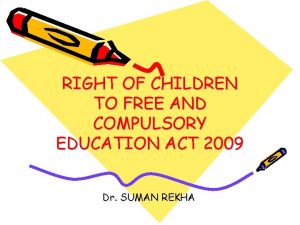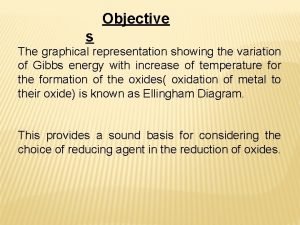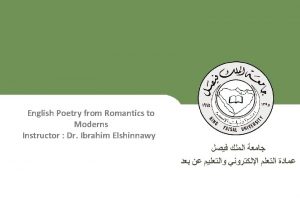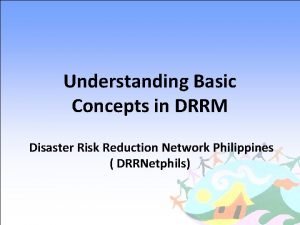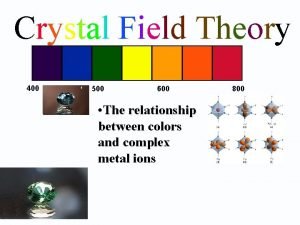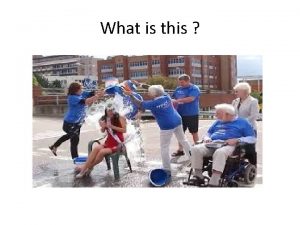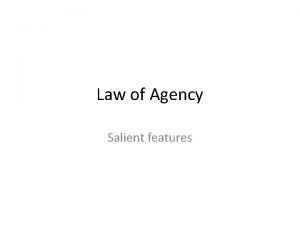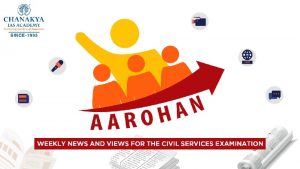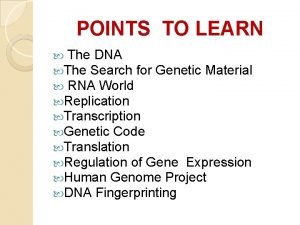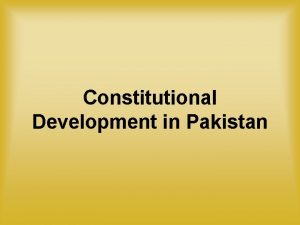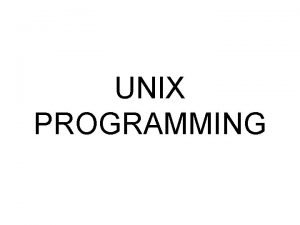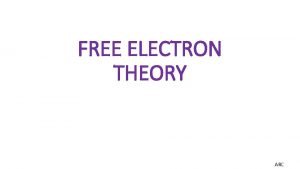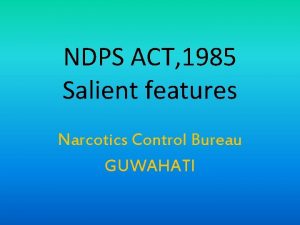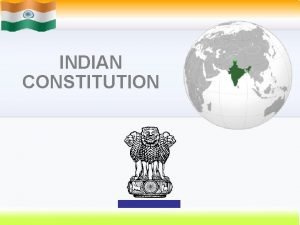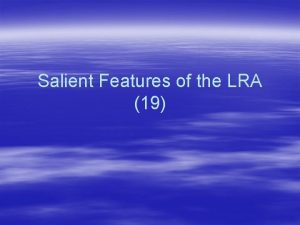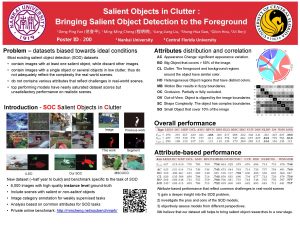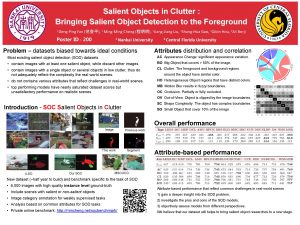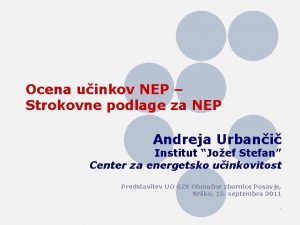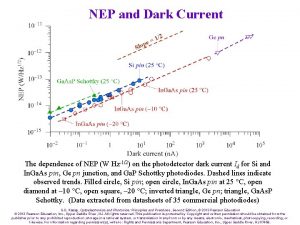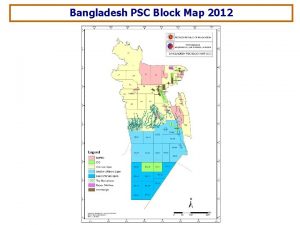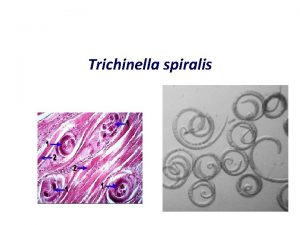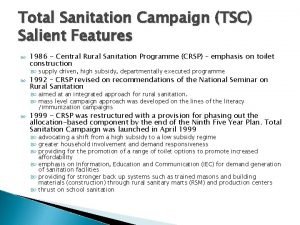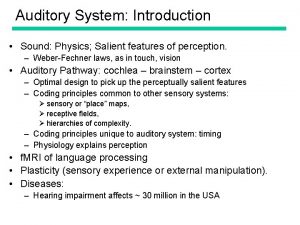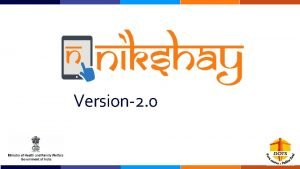COMPREHENDING NEP 2020 SALIENT FEATURES OF NEP 2020













- Slides: 13

COMPREHENDING NEP 2020

SALIENT FEATURES OF NEP 2020 • • Universalization of Early Childhood Care (ECCE). New curricular and pedagogical structure : 5+3+3+4 National Mission On Foundational Literacy and Numeracy. Curriculum to integrate 21 st century skills , Mathematical, Thinking and Scientific temper. No rigid separation between art and science between curricular and extra curricular activities between vocational and academic streams. Reduction in the curriculum to core concepts Vocational integration from class 6 Onwards.

SALIENT FEATURES CONTD…. . • Coding classes in school from class 6 , as a necessary skill of the 21 st century skill. • Focus on practical knowledge rather than “ROTE LEARNING”. • Local regional language to be used as per school norms as medium of instruction at least till Grade 5.

MAJOR ASPECTS OF POLICY THAT CAN TRANSFORM SCHOOL EDUCATION: How it works: 1 FOCUS ON FOUNDATIONAL LEARNING(FLN) 2 KEY STAGE ASSESSMENTS TO MEASSURE LEARNING 3 INTEGRATION OF TECHNOLOGY IN EDUCATION 4 These gate aways skills will enhance the critical thinking skills and problem solving skills in the longer run. OUTCOMES

NEW CURRICULAR STRUCTURE : 5+3+3+4 q Foundational Stage : 3 years of pre –school(Pre Nursery, Nursery and Prep), +2 Years in Primary School in grade 1 -2 ; both covering ages 3 -8. Ø Flexible , play/ activity based learning q Preparatory Stage : Grades 3 -5 , Covering ages 8 -11 Ø Introduction to experiential learning across sciences, mathematics, arts social sciences and humanities q Middle Stage : Grade 6 - 8 , covering ages 11 -14 Ø Subject oriented pedagogical and curricular style q Secondary Stage : Grade 9 -12 Covering ages 14 -18 Ø Greater depth , critical thinking, greater attention to life aspirations, flexibility and student choice of subjects and option to exit grade 10 and later re enter at std 11.

Key Highlight Points : Implementable for Primary School 1. Quality early childhood education to be available for all children between 3 -6 years by 2025. 2. All subjects to be integrated 3. Curriculum to be reduced to core concepts only to develop the critical and analytical skills. 4. Activity based pedagogies to be adopted for experiential learning. 5. Weight of school bags to be reduced. 6. Digital libraries to be leveraged. 7. Bagless days to be scheduled for at least once a week so that the students can focus on their skills. 8. Mathematical thinking and problem solving skills to be enhanced. 9. Students to be evaluated continuously throughout the year with the right assessment tools like quizzes, role plays etc.

Key Highlight Points : Implementable for Middle School 1. Vocational and Skilled Subjects to be taken up from class VI onwards and should be trained in this aspect. Special focus on courses such as: AI, Design Thinking, IT, Marketing application, Mass Media and Travel and Tourism. 2. Digital technology to ramped up. 3. Coding language to be implemented middle school onwards. I 4. School complexes to be used beyond school hours where students can choose hobbies of their choice to develop their skills. 5. 10 day bagless periods to focus on skill development. 6. Use of blended teaching models and focus on experiential learning. 7. Promote foreign languages like Japanese , German, French.

Key Highlight Points : Implementable for Secondary School 1. Students will be given increased flexibility and choice of subjects. 2. There will be no hard separations among curricular or extra curricular or co-curricular areas , among arts , humanities , and sciences. 3. Greater depth , critical thinking, greater attention to life aspirations, flexibility and student choice of subjects and option to exit grade 10 and later re enter at std 11. 4. Subjects such as physical education , arts and vocational crafts would be given equal importance and will be seriously incorporated throughout the school curriculum. 5. Board exams to focus more on skill based learning rather than focus on ROTE learning.

NEP 2020 TRANSFORMS THE ASSESSMENT SYSTEM 1. All students to take school examination in Grades 3, 5 and 8. Achievemnet of basic learning outcomes and application of knowledge in real life situations to be tested. 2. Progress card to focus on 360 Degree Holistic development of the student. The parameters of which will include : Peer assessment, self assessment and teacher assessment. 3. Board exams for Grade 10, 12 will be continued. 4. Board exams to be made easier as they will test core competencies. 5. More emphasis to be made on concept and application based questions.

A Sample Report Card Focusing On Holistic Development A Holistic 360 -degree report card with self assessment: The report card for the new academic year is being revised to a more qualitative and subjective descriptors of the child. A self assessment form of the child is also designed and children will fill up this form twice a year. The format of the report card can be made on the said parameters: A. Academic Performance • Language 1 • Language 2 • Mathematics • Science • Social Studies • Additional subject B. • Work Experience • Art education • Physical and Health Education C. Co -Scholastic Areas • Thinking Skills • Social Skills • Emotional Skills • Creative Skills • Problem Solving • Decision Making • Self Awareness • Critical thinking • Literary and creative skills • Scientific skills • Aesthetic skills • Various clubs • Performing arts Attitude and Values • Attitude towards teachers • Attitude towards peers • Attitude towards school programmes • Attitude towards environment • Attitude towards value systems

NEP and TEACHER EEDUCATION

NEP 2020 Reimages The Education System

“Education is the most powerful weapon which you can use to change the world” – Nelson Mandela. .
 Salient features of rte act 2009
Salient features of rte act 2009 Ellingham diagram normally consists of plots of
Ellingham diagram normally consists of plots of Characteristics of the victorian age
Characteristics of the victorian age Concepts of drrm
Concepts of drrm Crystal field theory salient features
Crystal field theory salient features Vancomycin psc
Vancomycin psc Salient features of contract of agency
Salient features of contract of agency Salient features of operation blackboard
Salient features of operation blackboard Salient features of genetic code
Salient features of genetic code Salient feature of objective resolution
Salient feature of objective resolution History of unix
History of unix Merits of classical free electron theory
Merits of classical free electron theory Salient features of ndps act 1985
Salient features of ndps act 1985 What is constitution?
What is constitution?
